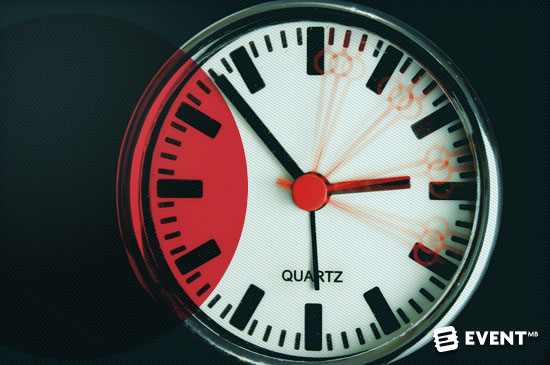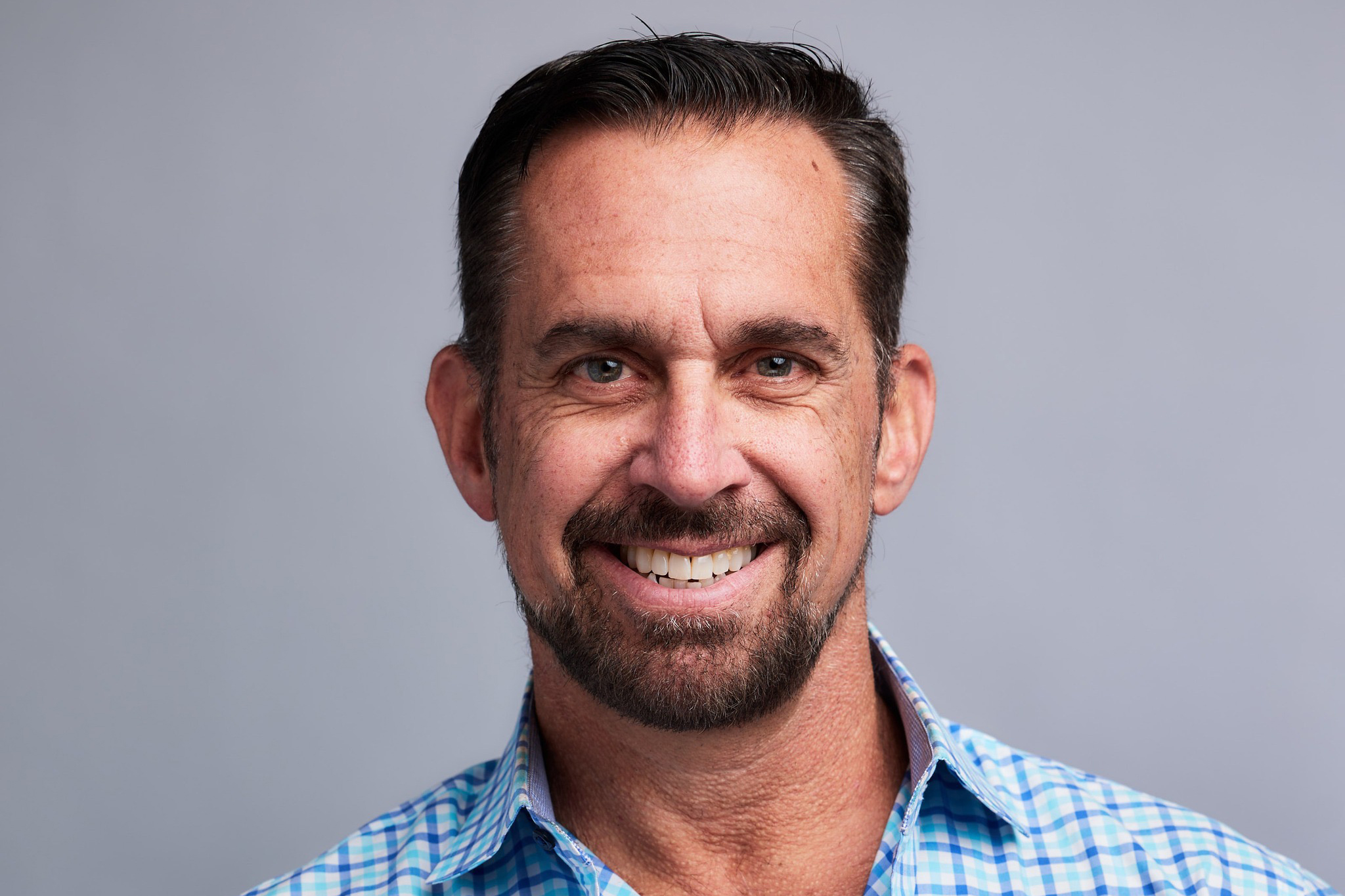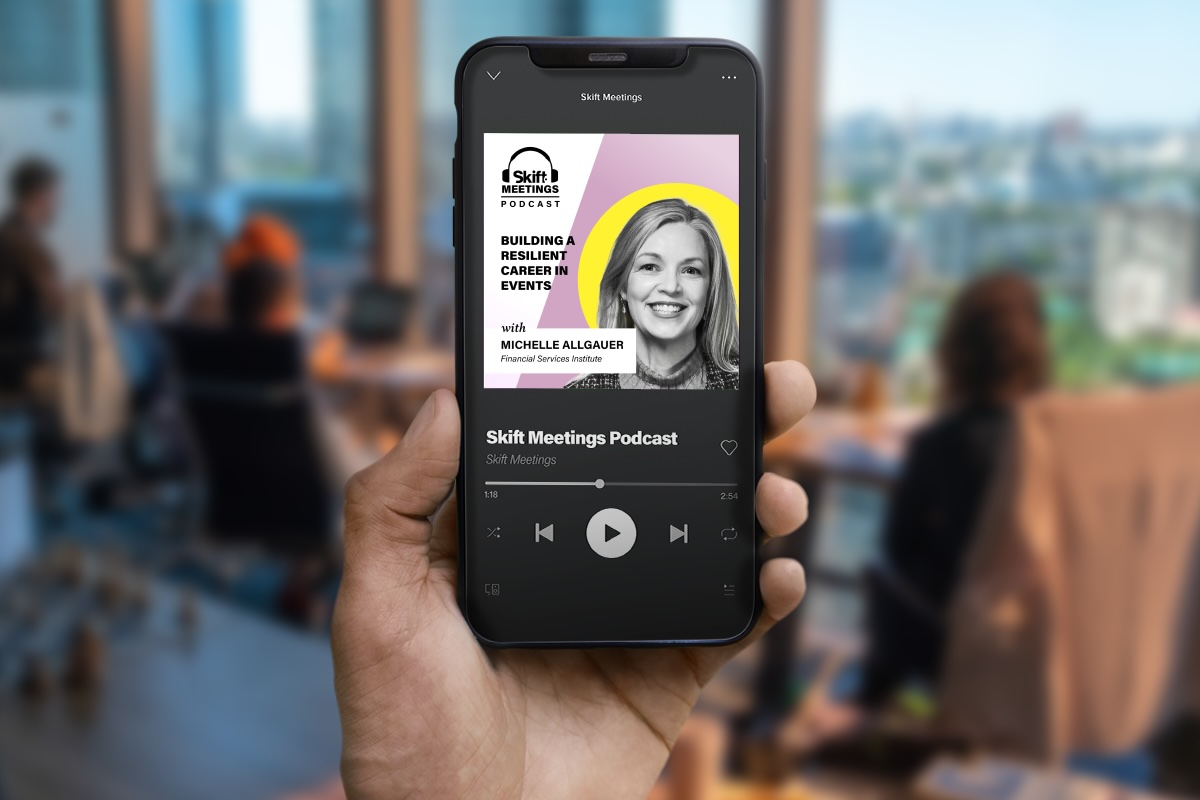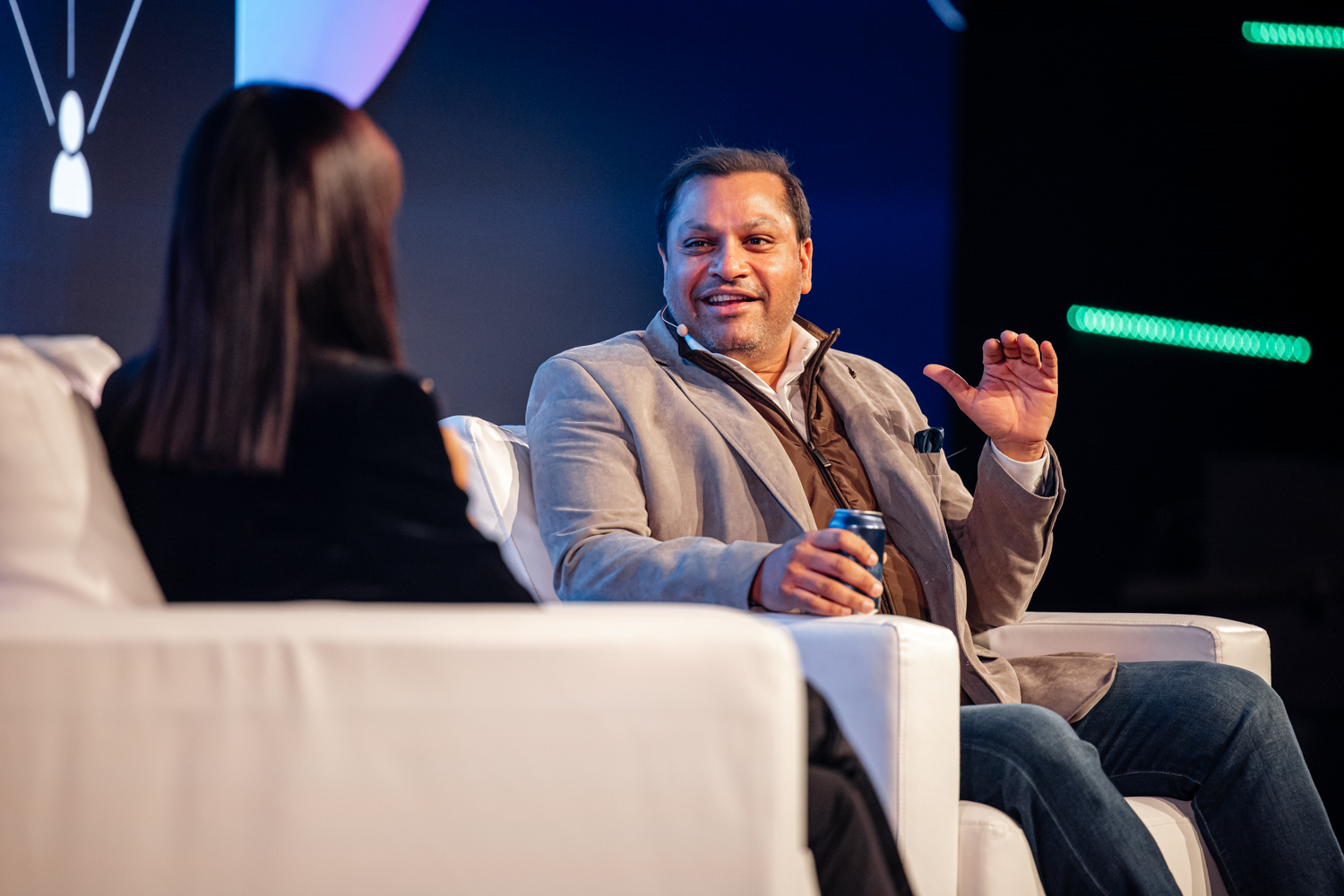If you are an event planner you soon realize that you don’t have a traditional 9-5 job, which can be good and bad in equal measure!
Today as modern life get busier and business hours expand, the 9-5 working day is becoming more and more questionable. Here are 9 reasons why traditional working hours particularly don’t fit with the eventprof lifestyle and what we should do about it.
-
Events Are Often Outside Business Hours
With events happening in people’s free time, on evenings, weekends and sometimes even overnight, you often need to sacrifice your own free time to accommodate what is best for others. It isn’t all glamorous being an event planner you know!
-
Busy Times
Especially in the days leading up to an event, a planner’s schedule can be packed and doing overtime is necessary to ensure everything goes exactly as planned. The event date is immovable so you need to do what it takes to make sure everything is done in time. Who needs sleep?!
-
First to Arrive and Last to Leave
Even if you are running an event during business hours this often still requires early access to get everything ready and set up, and breaking down late, after the event is over. To keep costs down venue tenancy hours are often kept to a minimum and it isn’t always possible to have access the day prior. Most event planners expect and want to be the first to arrive and the last to leave which leads to long live event days.
-
Early Birds and Night Owls
Our bodies function differently and some people might be at their most productive at 6am while others feel that they work best at 11pm. One of the biggest productivity myths is that people get most done during the traditional working day. Your team get the most done when they are most inspired and inclined to work. Not because they are expected to be sat at a desk for 8 specific hours each day.
-
9-5 Kills Creativity
Event planners need to think creatively and this isn’t always something that happens on demand. Being constrained to set hours may mean you have to leave the office in the middle of a planning or design process and ruin your flow. For creative beings a personalized and flexible schedule works best. If you look at the daily routines of some of the most creative people in history you will notice that few of them work between the hours of 9 and 5!
-
International Relations
If you have clients on the other side of the world you often need to make yourself available when your clients are. Trying to fit calls in between 9 to 5 can put a real strain on international business and can be impossible to coordinate and keep both sides happy. This is a big issue for event planners that have to deal with multiple partners and providers around the globe. Technology has allowed us to remove the barriers of distance to doing business, as long as we let go of the 9 to 5.
-
Flexibility and Dedication
As modern life is evolving and we struggle to successfully balance our personal and professional lives, flexible working is becoming more popular. By rigidly sticking to the 9-5 mentality you could be putting extra pressure on your team and threatening the viability of your business in the long term. Supporting your employees and offering them the opportunity to work within a flexible schedule can be a good move and create a beneficial environment for everyone to thrive in on their own terms, working around their family or other commitments.
As long as the office phones are manned it could be wise to allow everyone to arrive and leave when it suits them as long as everyone is present during core hours, for instance 10-4, for brainstormings and team meetings.
-
Think Outside the Box
“If you always do what you’ve always done, you’ll always get what you’ve always got.”
Henry Ford
Clients want more from their events and eventprofs must deliver. Instead of always doing things the same way (like working the same office hours) we should be stirring things up and doing things differently. Sometimes we need to listen to our own advice and be sure to innovate – not imitate! Steve Jobs wasn’t an event planner but we can still learn a lot from him about innovation and planning events.
-
Location, Location, Location
Nowadays more workers are working from home or on the road and it is becoming less important to be in the office every day. By offering more freedom productivity levels can actually rise. For instance, by expecting everyone to be at their desk without fail 9-5, 5 days a week, staff can have arduous commutes which mean they arrive at the office drained, stressed and exhausted rather than refreshed and enthusiastic about the day ahead. As long as everyone meets their quota of hours each week this gives plenty of freedom for everyone to organize their lives to be happier, less-stressed and more focused when they are at work. An event planner can work from anywhere so by allowing staff to work outside of the office when it suits them better can actually lead to greater output.
In Conclusion
Not having a traditional 9-5 job can be a drag sometimes but at the same time #ProudEventProfs are lucky to work in an industry which allows such flexibility and freedom. For staff to be creative and give 100% to this demanding career breaking from the rigid 8 hour working day can be a bold but wise move to keep everyone motivated.





